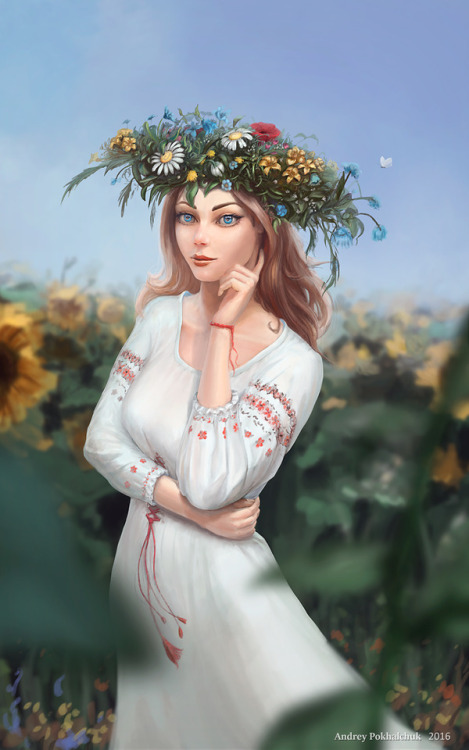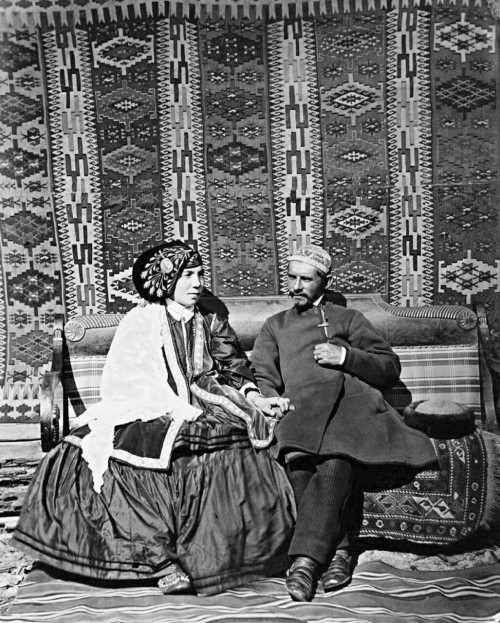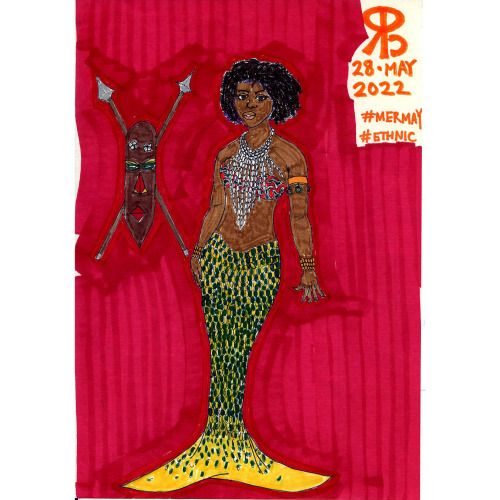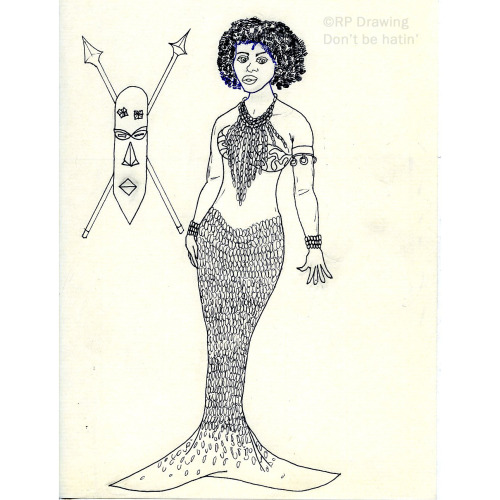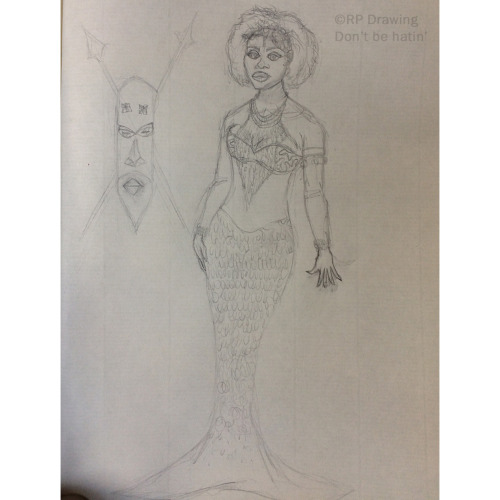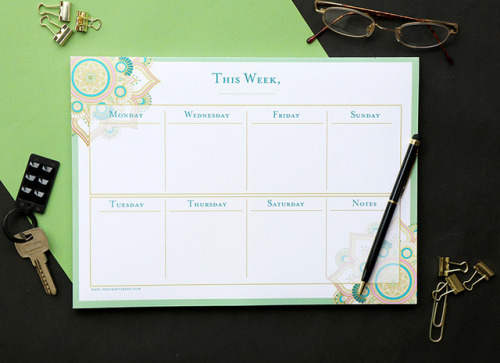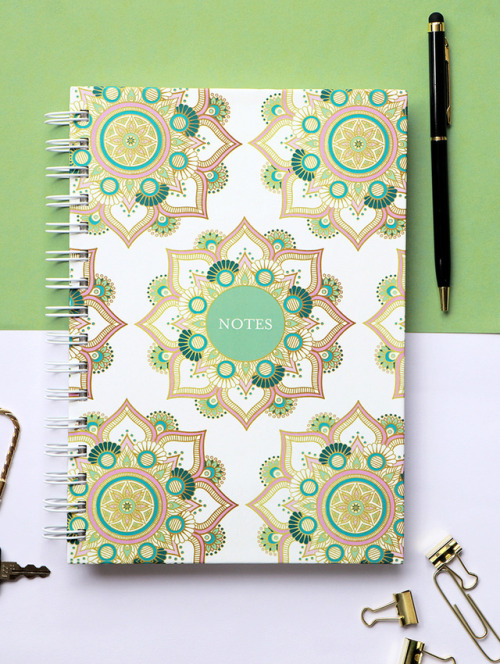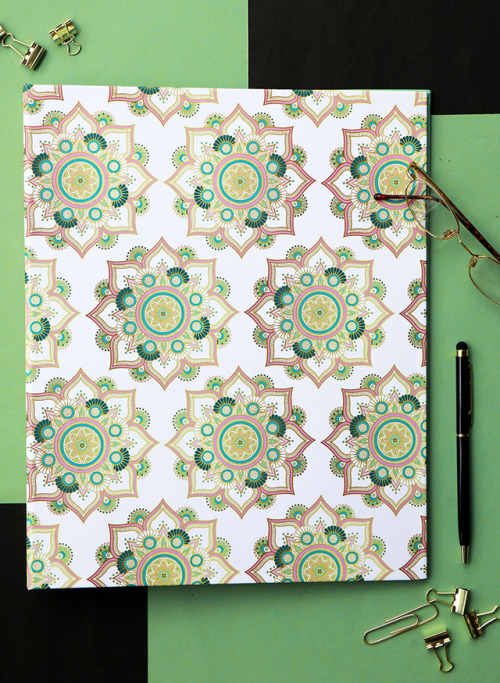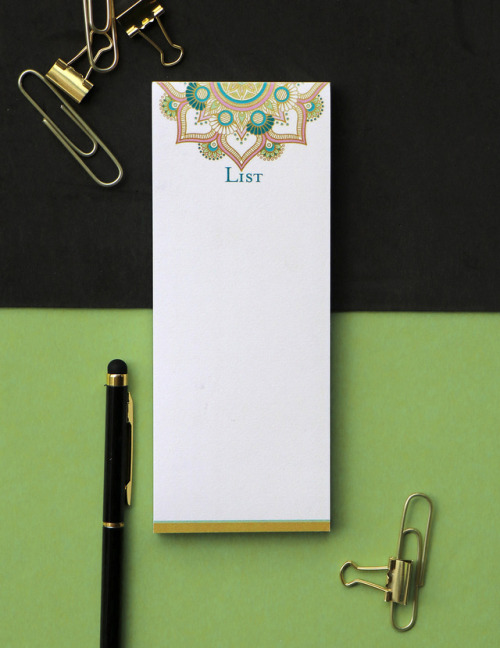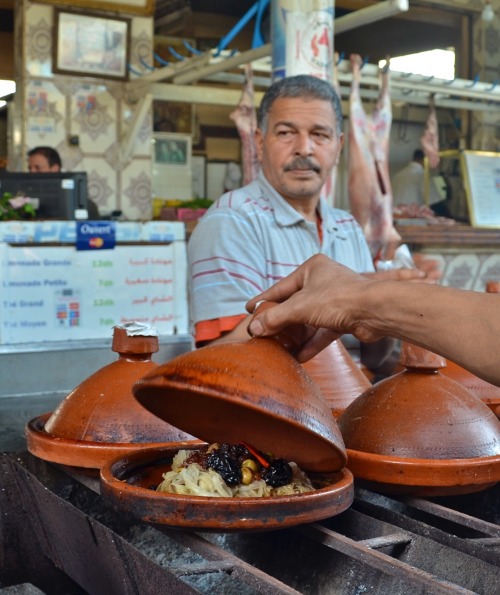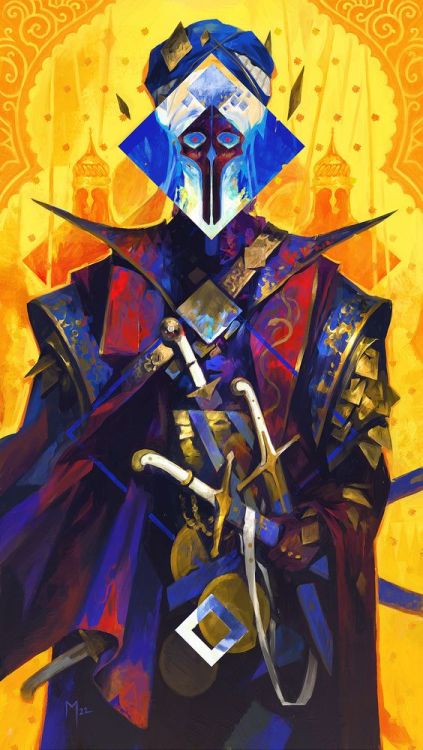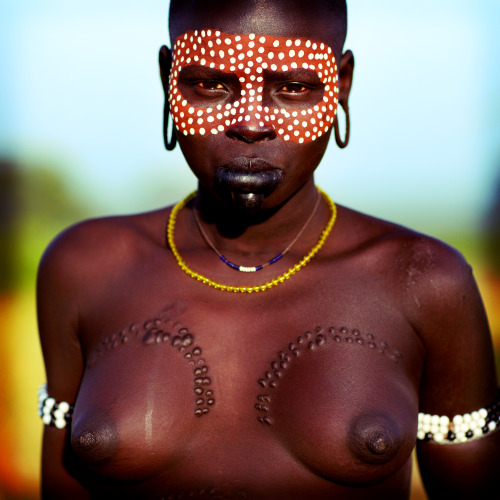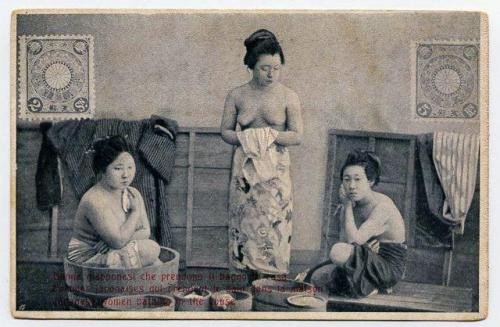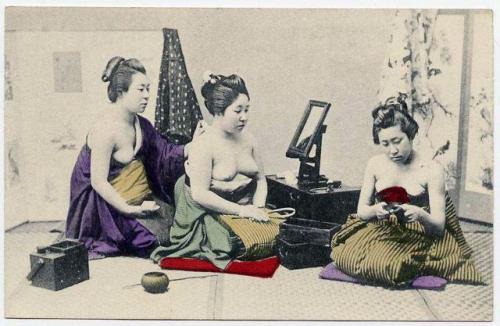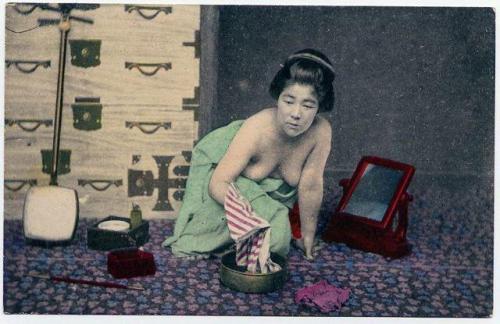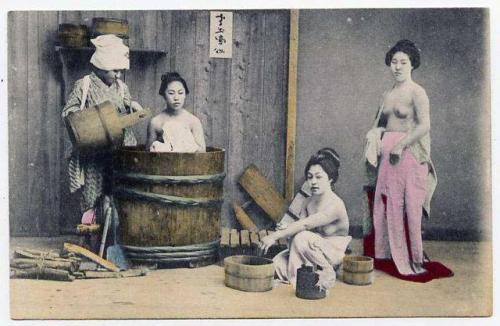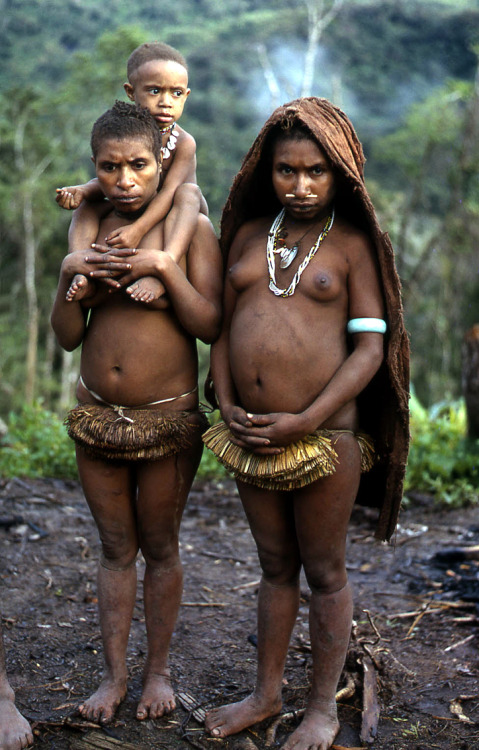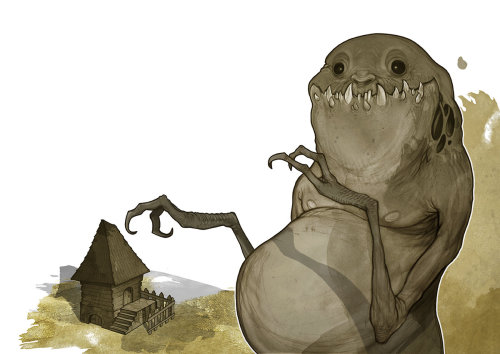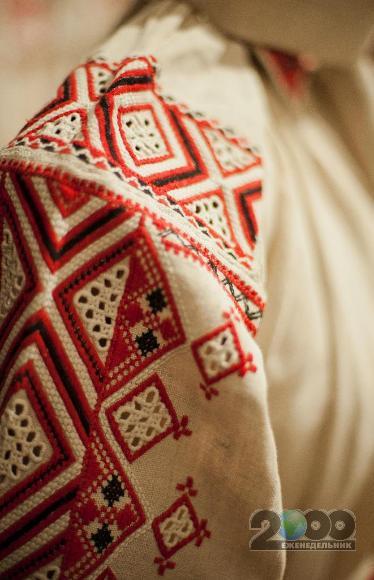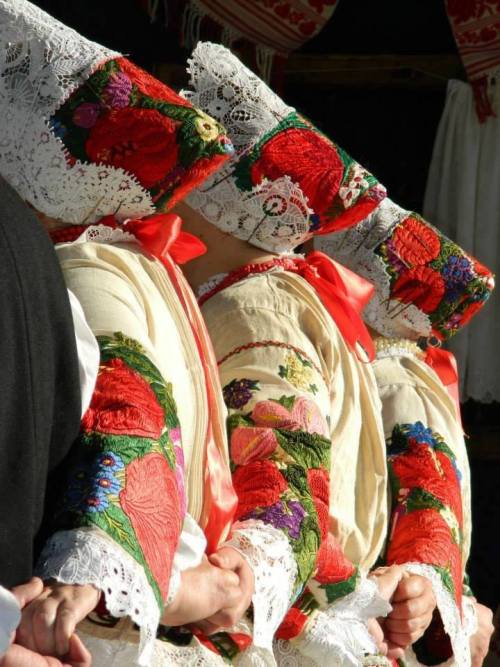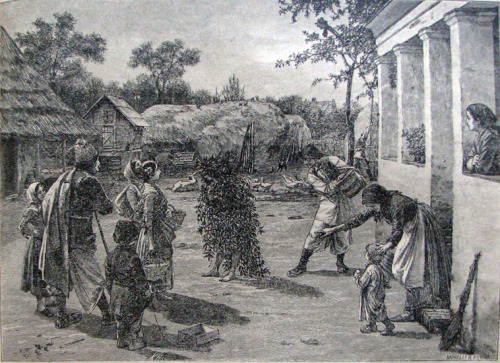#ethnic
Mermay 2022 Day 28 prompt: ethnic
I came across a picture of a girl wearing an elaborate necklace made of cowrie shells (which are found around the African and Indian continent). I thought it would perfect to include a mermaid wearing this.
Post link
Detail of an antique Suzani, uzbek silk embroidery on silk foundation, late 19th c. Central Asia. Available.
Post link
Talason
Talason is a spirit bound to a certain building (houses, schools, bridges) and serves as it’s protector. When an object is being built a person can offer themselves as a sacrifice in order to become a talason an protect the building or if there are problems with construction. However the person is not actually killed, but instead the workers measure their shadow with a string and then build in those measurements in the foundations of the building. It is believed that the person will then die within a year (or 40 days) and that their spirit will come to the building in which their shadow is trapped and remain there forever thus becoming a talason. Sometimes the builders can “steal” shadow of a passerby unnoticed, which is why it’s considered bad luck to go near construction sites. Talasons are generally benevolent creatures and only become hostile if someone approaches the building with bad intentions. They come out at night and walk around the houses or bridges but can never stray too far and are mostly invisible to people.

Illustrations by Vanja Todoric
Post link
Dodole - Slavic rain dance
Dodol songs are ritual songs performed in order to summon the rain. They represent one of the oldest pagan traditions of Slavic people. The ritual is usually performed by a group of young girls and either all of them, or just the main girl, Dodola, has to be a virgin (it varies from village to village). Some sources even state that Dodola has to be an orphan or born after her fathers death, or at least the last born child. It is believed that Dodola is a mythical creature connected to Perun, so the ritual was always preformed on Thursday, which is Perun’s day. Somewhere the girls carried oak branches, seeing as oak is Perun’s tree. Alternative names for Dodole were also peperone, peperuše, peperuđe, barbaruše.
Earlier the girls were completely naked, but none of their bodies could be seen as they were covered in plants. That later changed, and only the main girl remained naked, while others wore long white shirts. However,they still had to be barefoot.
There are also variations on how the ritual begins. In come cases girls would first go to a graveyard and spill water over the freshest grave, or they would take a cross off an unknown grave, tie it to Dodola’s leg so it drags in the dirt until they reach the river in which they throw it. This was obviously an element added after Slavs accepted Christianity, however I wanted to mention it because it shows that there was a need for the graveyard, connection to the world of the dead and ancestors. The first example of just spilling water over the freshest grave could be from times before Christianity. In some cases pregnant woman was taken to the river and Dodole would bathe her. So both cases include a creature that is not exactly in the world of the living, but is not far from it, seeing as baby will soon be born and the deceased has just recently left it, so they would represent a strong connection between our world and the world of spirits (that’s my theory at least).
After this Dodole go around the village singing songs about the falling of the rain and they visit each house. In front of the house, the main Dodola starts dancing (and singing) with small steps in a circle, while the others stand behind her and sing. During the dance the lady of the house spills a bucket of water over her. Most researches say this is a form of imitative magic (hoping that rain would “imitate” them and also get the Dodola wet), but I found an opinion that states this ritual predates the cult of Perun and that spilling of the water is a leftover from times when people were actually drowned as a form of sacrifice. I would take this information with reserve seeing as human sacrifice was almost non existent in Slavic religion, but I think it’s really interesting and not entirely impossible, but then the ritual would have to be extremely old.
After the dance is over, the housewife also presents Dodole with flour and the man of the house with money. When all the houses have been visited Dodole go to a river and bathe together, while an older woman prepares a meal from from flour they got and the Dodole then feast together, and these were also very important part of the ritual and it’s end.
Underneath I’ll provide translations of some song and links to how they’re sung
Наша дода Бога моли, (Our doda begs the God)
Ој додо, ој додо ле! (Oh dodo, oh dodo le)
Да удари росна киша, (For the rain to fall)
Ој додо, ој додо ле!
Да покисну сви орачи,(All the plow workers to get wet)
Ој додо, ој додо ле!
Сви орачи и копачи,(All the workers and the diggers)
Ој додо, ој додо ле!
И по кући пословачи,(And the workers in the house)
Ој додо, ој додо ле!
Наша дода бога моли, (Our doda begs the god)
Ој додо, додоле!
Ситна киша да зароси, (For the rain to fall)
Ој додо, додоле!
Наша поља да потопи, (To soak our fields)
Ој додо, додоле!
И да роди нам пшеница, (For our wheat to grow)
Ој додо, додоле!
И кукуруз са два класа, (And corn with two ears)
Ој додо, додоле!
Што молила, умолила, (What she asked, that she got)
Ој додо, додоле!
Сита киша заросила, (Light rain fell)
Ој додо, додоле!
Наша поља потопила, (Soaked our fields)
Ој додо, додоле!
И родила нам пшеница, (Our wheat has grown)
Ој додо, додоле!
И кукуруз са два класа, (And corn with two ears too)
Ој додо, додоле!
Mi idemo preko sela, oj, dodo, oj dodo le!(We are going across the village)
A oblaci preko neba, oj, dodo, oj dodo le!(And the clouds across the sky)
A mi brže, oblak brže, oj, dodo, oj dodo le!(We go faster,clouds faster)
Oblaci nas pretekoše, oj, dodo, oj dodo le!(Clouds beat us)
Žito, vino, porosiše, oj, dodo, oj dodo le! (Soaked the wheat and the wine)
https://www.youtube.com/watch?v=sg8WlQTi6I0
https://www.youtube.com/watch?v=ZmJNLctEYEE
https://www.youtube.com/watch?v=2g1GSCgWmAU
https://www.youtube.com/watch?v=dBL198Upfw8
https://www.youtube.com/watch?v=_Dv8VmvPF_s
https://www.youtube.com/watch?v=wLZ0S9hKf7E
https://www.youtube.com/watch?v=C92tA_DNNDo
https://www.youtube.com/watch?v=sK-QX_mnq6w
Additionally, in some forms of ritual Dodole themselves would also carry water and spray passersby with it, and somewhere before the bathing in the river they would go to a church and swipe it with a broom, collect the trash in a bag which they would tie few meters above the river, wishing for the river to get high enough to take away the bag. This could be element added during Christianity, or perhaps Dodole were visiting sacred pagan places that were later replaced with churches.
Here are some links in Russian and Slovenian I found:
http://on-the-other-side.ru/node/294
http://www.staroverci.si/sl/zapisi-1/mitologija/itemlist/tag/dodole.html
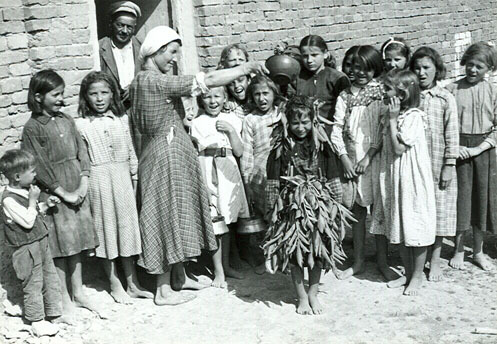
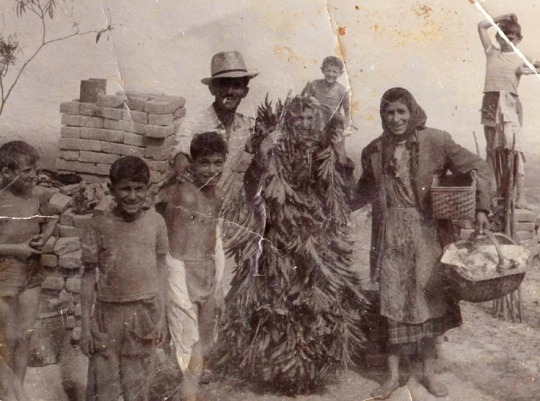
Post link

